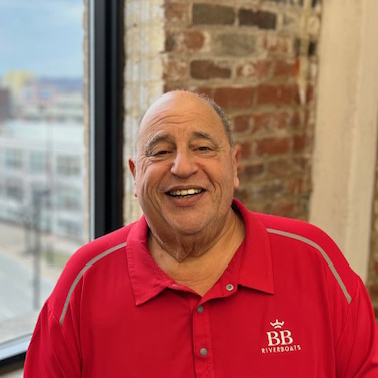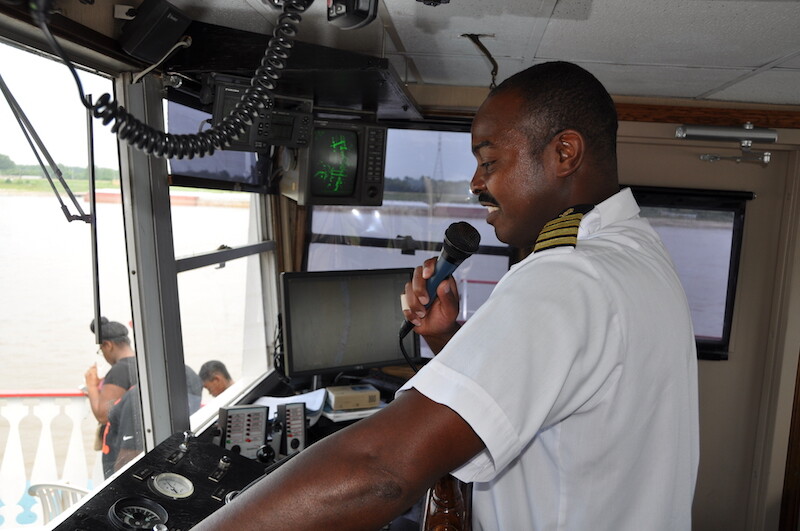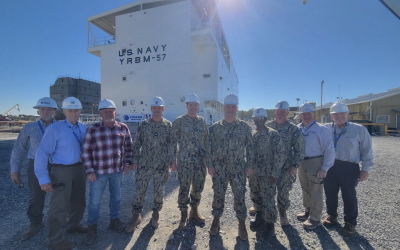In April, the U.S. Bureau of Labor Statistics (BLS) estimated that there were 11.9 million unemployed, an unemployment rate was 10.7%. The agency has also reported that for 2020, nearly 10% of all U.S. households had at least one unemployed person. With these staggering unemployment numbers, one would assume that it would be easy to attract workers, but that has not been the case.
U.S. citizens receive Covid vaccinations in growing numbers, my company, BB Riverboats, is anticipating an improving economy and increasing numbers of customers seeking to ride on our vessels. This is great news after being largely shut down for more than a year because of the coronavirus pandemic. Early on, our company was forced to shut down completely by the federal government, the state of Kentucky, and local county and city governments. As a result, we now have only a few employees. As we take steps to gear up for a promising spring season, we are running into serious roadblocks in attracting employees. We are struggling to rehire former employees as well as new employees that will permit us to get back into operation. Many of our former employees have moved on to other jobs out of necessity. Apparently, some prospective employees have decided that being on unemployment, while also receiving federal unemployment subsidies, is preferable to coming back to work.
We are not only having trouble attracting non-skilled workers and service staff, we are also having an equally difficult time finding licensed mariners. We are literally receiving no applicants. I hear that other sectors of the maritime industry are also be experiencing this same problem. Where are these people working? Have they moved on to other sectors of the maritime industry? Have they left our industry altogether?
The Passenger Vessel Association (PVA) has recognized the importance of developing future licensed mariners. Over the last several years, PVA has worked closely with maritime academies such as the Massachusetts Maritime Academy, Maine Maritime Academy, SUNY Maritime College, and the Great Lakes Maritime Academy to raise the visibility of careers in the passenger vessel industry. Many of these schools have participated in, exhibited, and spoken at PVA conventions, regional meetings and other association events and activities. PVA has even hosted maritime academy interns at its headquarters in Alexandria, Va.
Developing relationships with maritime academies is an important first step. As an industry we must work together in this effort to groom future mariners. The maritime industry offers exciting employment opportunities for young people. We must ensure that they know that we offer good jobs and explain how they can qualify for them.
Everyone in the maritime industry has a responsibility to help guide and support our future mariners. After all, our businesses and futures depend on it.





